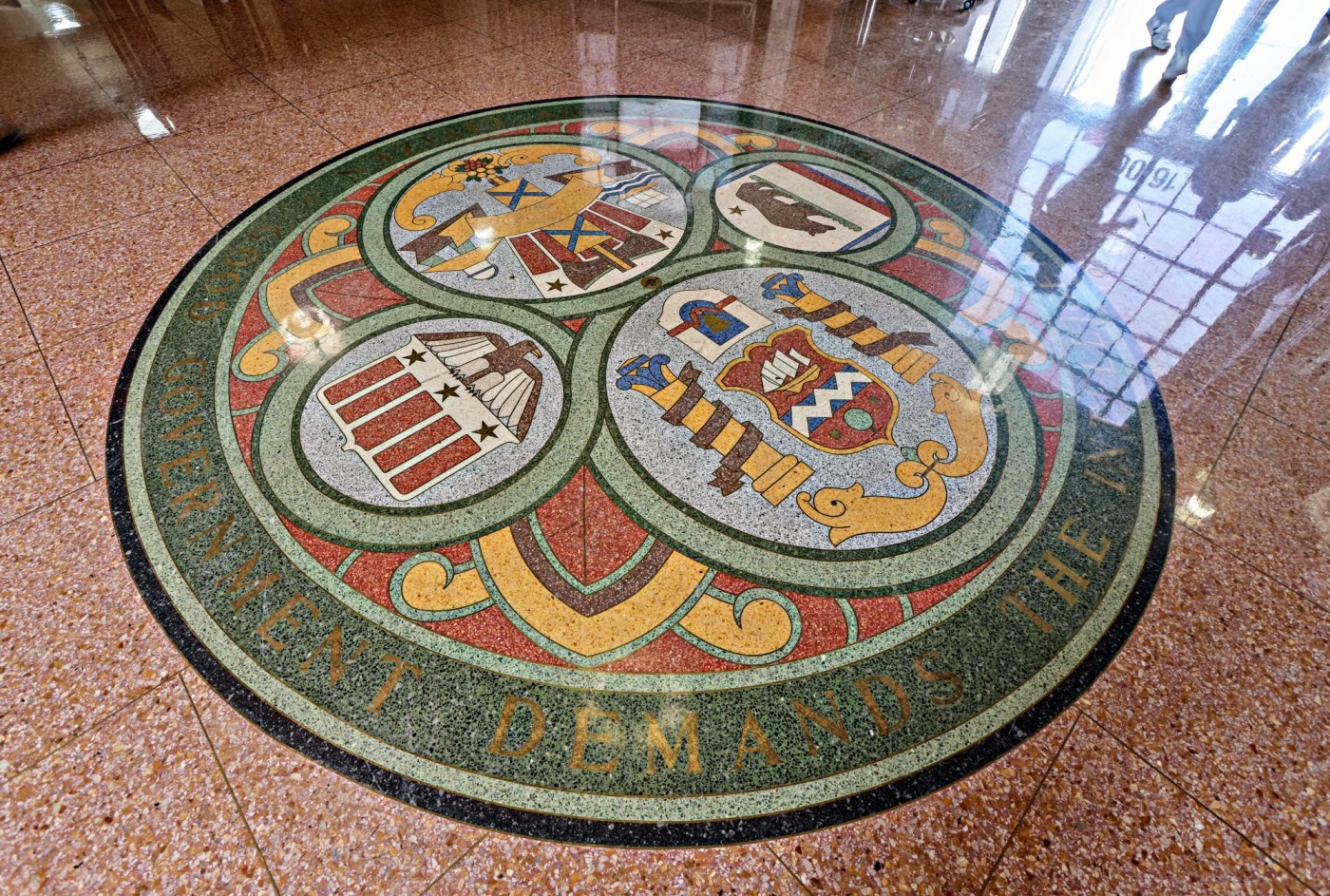
Lawsuits allege years of sexual abuse at a California emergency shelter for kids
More than 100 people are suing San Diego County, alleging they were sexually abused by staffers during short stays at the region’s emergency children’s shelter over the last 30 years, attorneys for the plaintiffs announced this week.
The accusations regarding the Polinsky Children’s Center are in about 25 lawsuits filed in San Diego Superior Court over the last two years, as recently as late August. Several of the suits allege negligence and intentional infliction of emotional distress at the Kearny Mesa site.
The suits allege that lack of supervision led to “pervasive abuse,” and that the center’s practices “left children in isolated and vulnerable situations where predators employed by Polinsky could abuse and harm children with impunity.”
A county spokesperson declined to comment on the lawsuits, as is standard practice for ongoing litigation.
The allegations across the suits range from instances of groping to repeated sexual assaults and date from the early 1990s to as recently as last year. The bulk of the cases are roughly alleging misconduct roughly 20 to 25 years ago.
The center has residential cottages and a nursery, and can house up to about 200 children. The county says more than 100 children — from infants to 17-year-olds — are admitted to the site each month. Average stays are generally less than two weeks.
The age of the accusers at the time of the alleged abuse ranges from as young as 2 and 3 to older teens. Some say they were abused by men, others said they were abused by women.
None of the lawsuits names a specific staffer. Attorney James Lewis, who represents the accusers, said that thus far, about seven people have been identified as suspected abusers, and he believes there are instances in which the same person abused more than one child.
Some of the accusers allege that staffers told them they would not be able to see family members or leave the center if they did not comply or if they reported the abuse. In some cases, the accusers said they reported the abuse but continued to see the staffer working at the center.
None of the suits have been resolved. All but one of them are assigned to the same judge, but it’s not clear whether they will be consolidated, which is often done for judicial economy and can help avoid conflicting rulings from differing judges.
Related Articles
Vodka, mental breakdowns, ‘grooming’: South Bay foster teens at group homes describe disturbing life
Santa Clara County to explore new solution to illegally operated group homes for high-risk youth
Plaintiff attorney James Lewis said the cases started after his firm, Slater Slater Schulman LLP, began getting “a steady trickle of calls” from people who had been temporarily housed at Polinsky. Among the firm’s specialties are cases involving sexual abuse, and Lewis is also a lead counsel on suits alleging that children at a Los Angeles emergency shelter known as MacLaren Hall were abused during their time there.
Some of the Polinsky suits were able to be filed because of AB 218, which went into effect in 2020, setting age and time limits for bringing old cases alleging childhood sexual abuse. Plaintiffs must be 39 years or younger when they file a suit alleging childhood sexual abuse.
AB 218 also included a three-year period that allowed adult accusers of any age to file suits alleging childhood sexual abuse allegations. That period sunset at the end of 2022. Some of the Polinsky suits involve accusers older than 40, and they filed their suits in 2022.
On Sunday, Gov. Gavin Newsom declined to sign a new bill attempting to extend that time period for delayed lawsuits. He pointed to AB 218 and expressed concern that giving another extension “establishes a precedent for perpetually reopening claims periods for claims well in the past, for which key evidence may have been lost or no longer available.”
He also noted that “statutes of limitations recognize that, as time passes, physical and documentary evidence may be lost and witnesses may die, no longer remember key facts, or otherwise no longer be available to testify, potentially prejudicing the ability of a party to present its case in court.”
However, the state has removed the statute of limitations for cases in which childhood sexual abuse is alleged to have occurred in 2024 or beyond.


